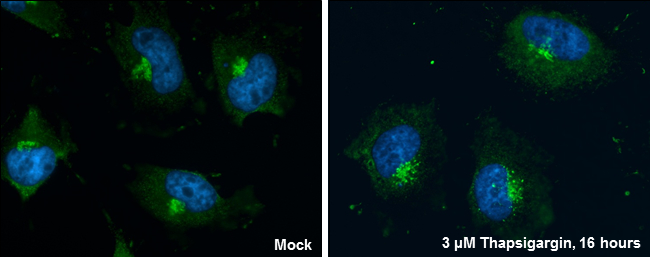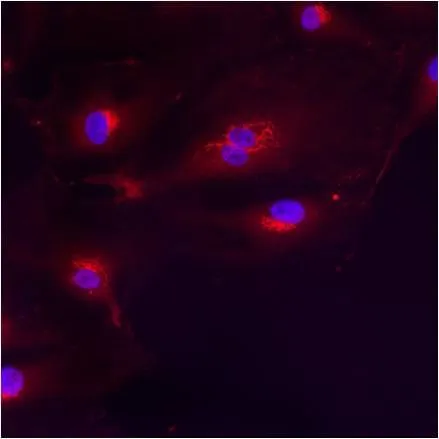
ICC/IF analysis of HMVEC Cells using GTX79420 GM130 antibody. Red : Primary antibody Blue : Nuclei
GM130 antibody
GTX79420
ApplicationsFlow Cytometry, ImmunoFluorescence, Western Blot, ImmunoCytoChemistry
Product group Antibodies
ReactivityBovine, Human, Mouse
TargetGOLGA2
Overview
- SupplierGeneTex
- Product NameGM130 antibody
- Delivery Days Customer9
- Application Supplier NoteWB: 1:500. FCM: 1-20 microg/ml. *Optimal dilutions/concentrations should be determined by the researcher.Not tested in other applications.
- ApplicationsFlow Cytometry, ImmunoFluorescence, Western Blot, ImmunoCytoChemistry
- CertificationResearch Use Only
- ClonalityPolyclonal
- Concentration1 mg/ml
- ConjugateUnconjugated
- Gene ID2801
- Target nameGOLGA2
- Target descriptiongolgin A2
- Target synonymsDEDHMB, GM130, golgin subfamily A member 2, 130 kDa cis-Golgi matrix protein, GM130 autoantigen, Golgi matrix protein GM130, SY11 protein, golgi autoantigen, golgin subfamily a, 2, golgin-95
- HostRabbit
- IsotypeIgG
- Protein IDQ08379
- Protein NameGolgin subfamily A member 2
- Scientific DescriptionThe Golgi apparatus, which participates in glycosylation and transport of proteins and lipids in the secretory pathway, consists of a series of stacked cisternae (flattened membrane sacs). Interactions between the Golgi and microtubules are thought to be important for the reorganization of the Golgi after it fragments during mitosis. This gene encodes one of the golgins, a family of proteins localized to the Golgi. This encoded protein has been postulated to play roles in the stacking of Golgi cisternae and in vesicular transport. Several alternatively spliced transcript variants of this gene have been described, but the full-length nature of these variants has not been determined. [provided by RefSeq, Feb 2010]
- ReactivityBovine, Human, Mouse
- Storage Instruction-20°C or -80°C,2°C to 8°C
- UNSPSC41116161

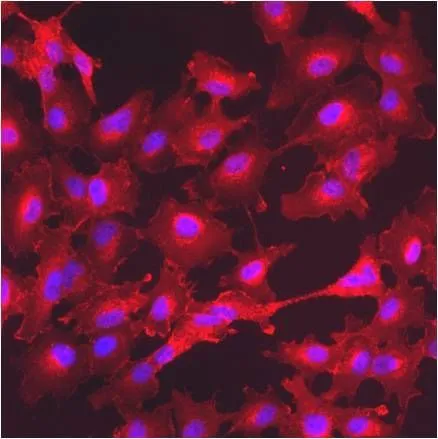
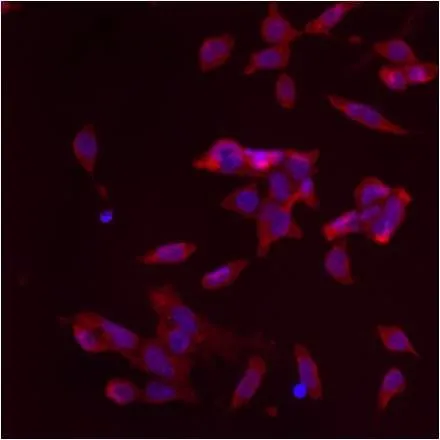
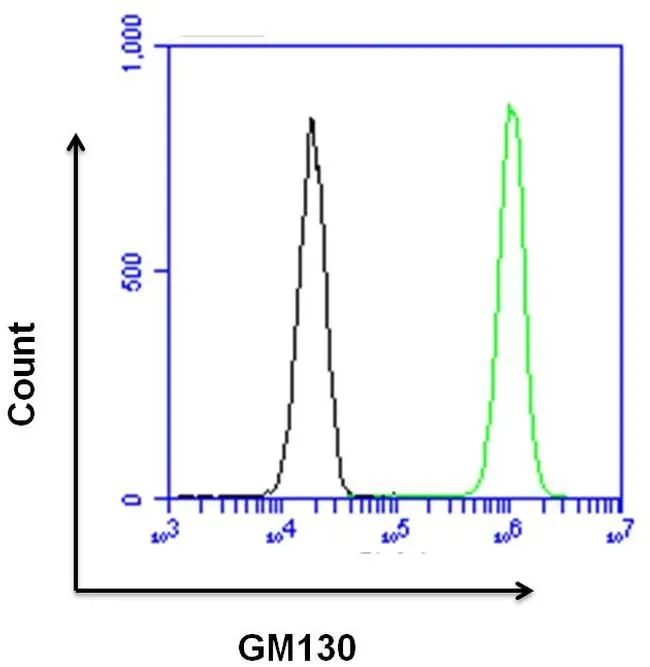
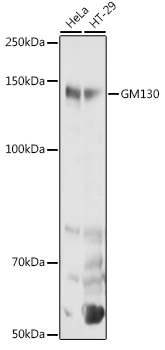
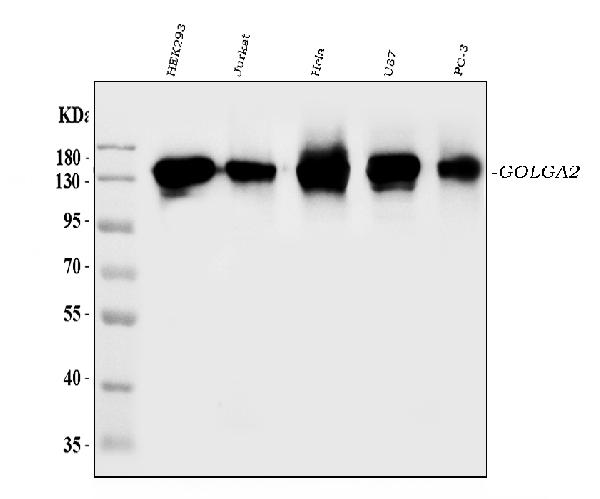

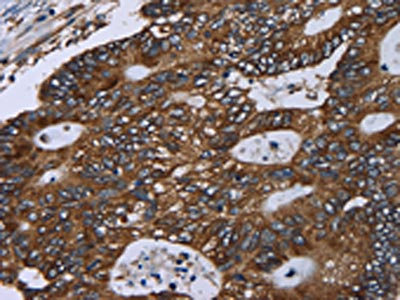

![IHC-P analysis of human mammary cancer tissue using GTX04699 GM130 antibody [6D4]. Antigen retrieval : Heat mediated EDTA buffer (pH 8.0) Dilution : 1 μg/mL](https://www.genetex.com/upload/website/prouct_img/normal/GTX04699/GTX04699_20240109_IHC-P_1_24010900_249.webp)
![WB analysis of various samples using GTX04700 GM130 antibody [4G3]. Lane 1 : Human placenta tissue lysate Lane 2 : K562 whole cell lysate Lane 3 : Caco-2 whole cell lysate Lane 4 : A549 whole cell lysate Lane 5 : A431 whole cell lysate Lane 6 : HEK293 whole cell lysate Loading : 50 μg Dilution : 0.5 μg/mL](https://www.genetex.com/upload/website/prouct_img/normal/GTX04700/GTX04700_20240109_WB_24010900_947.webp)

